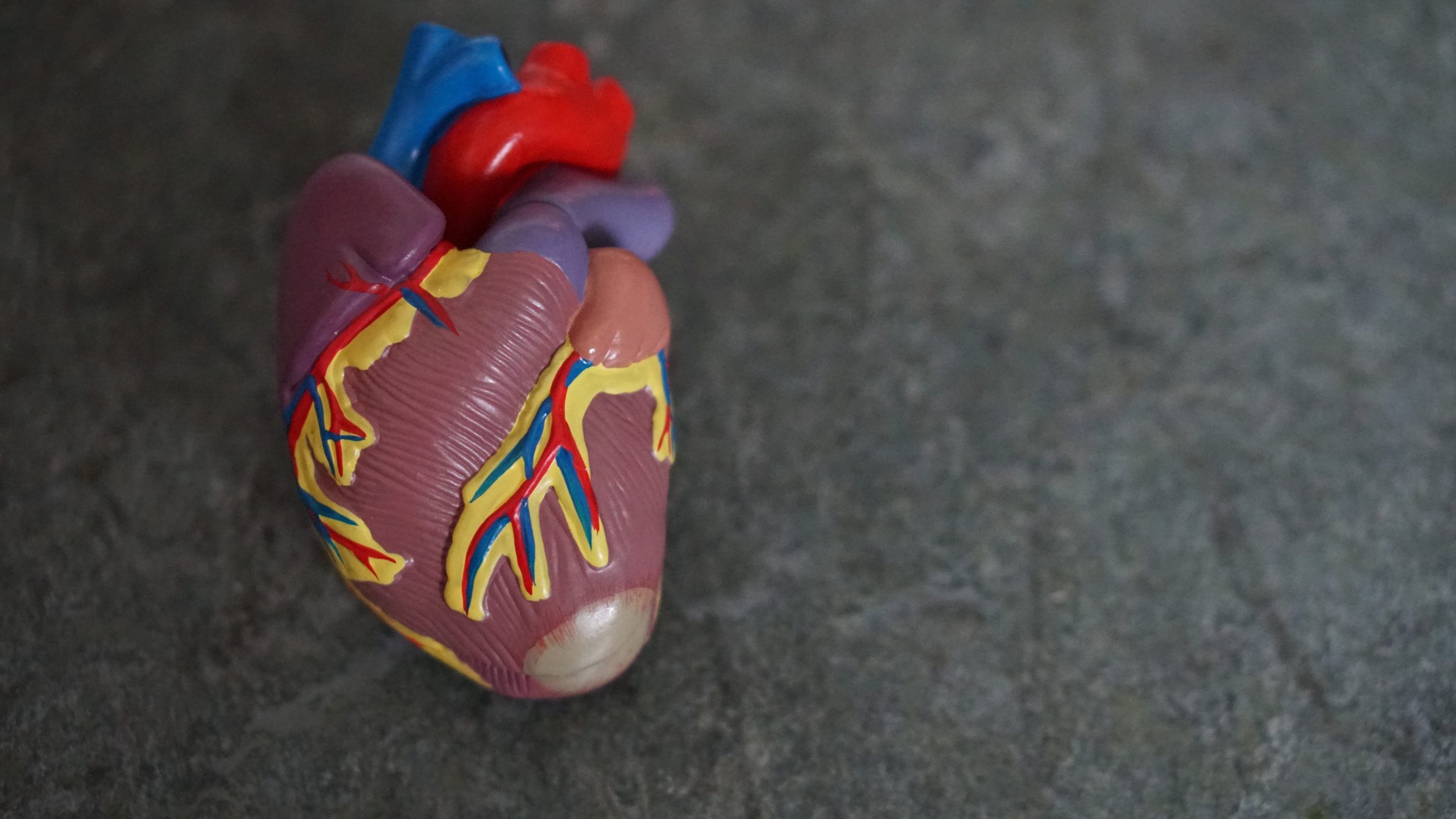- 9 March 2023
- 76
Understanding Cholesterol: Separating Fact from Fiction in Heart Health

Are you confused about cholesterol and its role in heart health? With so much conflicting information out there, it can be hard to separate fact from fiction. But fear not! In this blog post, we’ll break down the basics of cholesterol and debunk common myths surrounding its impact on your cardiovascular system. Whether you’re looking to improve your own heart health or simply want to learn more about this vital substance, read on for a comprehensive look at understanding cholesterol.
What is cholesterol?
Cholesterol is a fatty substance that is found in the cell membranes of all body tissues. It is necessary for the proper function of these cells. The body produces about 75% of the cholesterol it needs, and the other 25% comes from the food we eat.
cholesterol serves several important functions in the body:
-It is a structural component of cell membranes.
-It is necessary for the production of bile acids, which are involved in the digestion of fats.
-It is a precursor to many hormones, including the sex hormones and adrenal hormones.
-It plays a role in immune function.
The different types of cholesterol
There are four main types of cholesterol: LDL, HDL, VLDL, and triglycerides.
LDL cholesterol is often referred to as the “bad” cholesterol because it can build up in your arteries and form plaque. This can lead to narrowing of the arteries (atherosclerosis), which can increase your risk for heart disease and stroke.
HDL cholesterol is often referred to as the “good” cholesterol because it helps remove LDL cholesterol from your arteries.
VLDL cholesterol is a type of LDL cholesterol. However, unlike LDL cholesterol, VLDL cholesterol does not directly contribute to plaque formation.
Triglycerides are a type of fat found in your blood. High levels of triglycerides can also increase your risk for heart disease and stroke.
The link between cholesterol and heart disease
There is a common misconception that cholesterol is bad for your heart health. However, cholesterol is actually essential for many bodily functions. It’s only when there’s too much cholesterol in your blood that it becomes a problem.
Excess cholesterol can build up on the walls of your arteries, narrowing them and making it harder for blood to flow through. This can lead to a heart attack or stroke.
High cholesterol is often caused by an unhealthy diet that’s high in saturated and trans fats. Cutting back on these types of fats and eating more healthy unsaturated fats, like those found in olive oil, fish, and nuts, can help reduce your risk of heart disease.
How to lower your cholesterol
If you’re like most people, you probably think of cholesterol as something bad for your health. But what is cholesterol, really? And how can you lower your cholesterol if it’s high?
Cholesterol is a type of fat found in your blood. Your body needs cholesterol to build healthy cells, but too much cholesterol can lead to heart disease.
There are two main types of cholesterol: LDL and HDL. LDL (low-density lipoprotein) is the “bad” cholesterol that can build up on the walls of your arteries and cause blockages. HDL (high-density lipoprotein) is the “good” cholesterol that helps remove LDL from your arteries.
You can lower your LDL level by eating a healthy diet and exercising regularly. To further lower your LDL, you may need medication. Statins are a type of medication that blocks your body from making LDL. If you have heart disease or are at risk for it, your doctor may recommend a statin.
Foods to avoid if you have high cholesterol
There are a few foods that you should avoid if you have high cholesterol. These include:
Saturated fats: Saturated fats are found in animal products, such as butter, lard, and fatty cuts of meat. They can also be found in some plant-based oils, such as coconut and palm oil. Eating too much saturated fat can raise your LDL (“bad”) cholesterol levels and increase your risk for heart disease.
Trans fats: Trans fats are created when manufacturers add hydrogen to liquid vegetable oils to make them solid at room temperature (this process is called “hydrogenation”). Trans fats are often found in margarines, shortening, and some types of fried foods and processed foods. Eating trans fats can raise your LDL cholesterol levels and lower your HDL (“good”) cholesterol levels—increasing your risk for heart disease.
Cholesterol: Cholesterol is a type of fat found in animal-based foods, such as egg yolks, organ meats (e.g., liver), and shrimp. Your body needs small amounts of cholesterol to function properly, but eating too much dietary cholesterol can raise your blood cholesterol levels.

